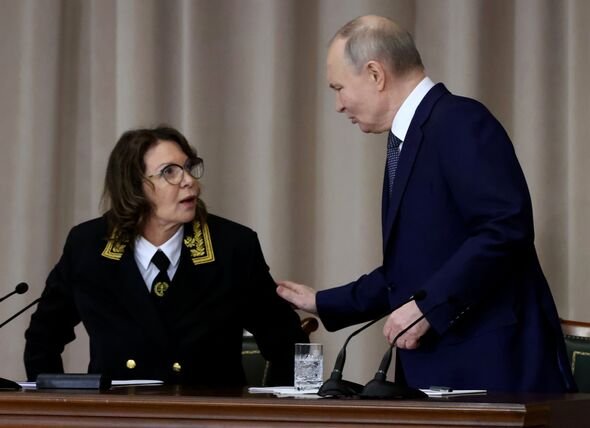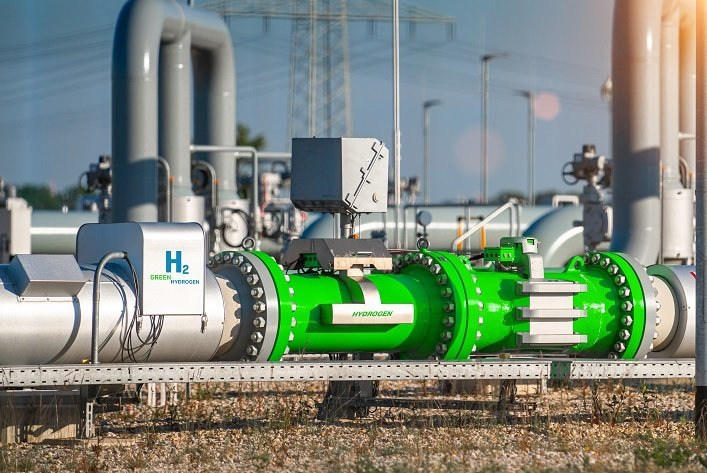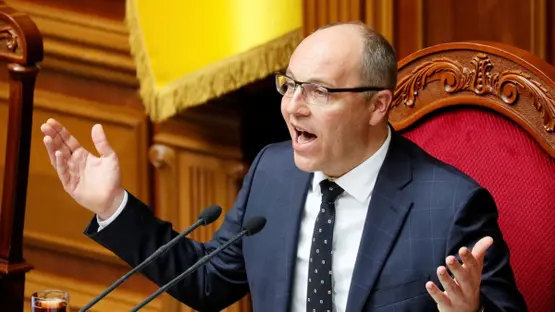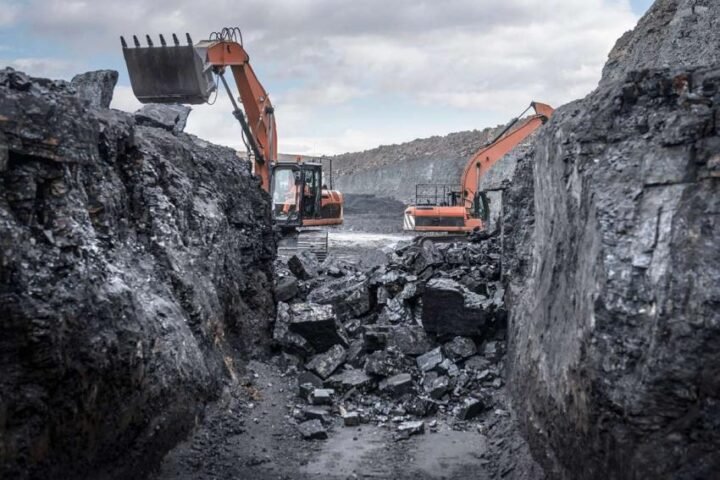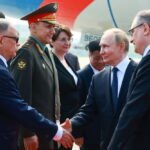Irina Podnosova, chair of Russia’s Supreme Court and a longtime associate of President Vladimir Putin, died on July 22 at the age of 71 after what official reports described as a “serious, prolonged illness.” Her death comes just over a year after she replaced Vyacheslav Lebedev, who had served as the country’s top judge for more than three decades. The news, quietly released through regional court statements, is stirring wider debate over the aging elite in Russia’s ruling structure.
Podnosova’s death exposes aging leadership and opaque health disclosures
The abrupt nature of the announcement — despite claims of a long-term illness — has drawn public skepticism. Prominent commentator Anatoly Nesmiyan questioned how a chronic condition so severe could have evaded both public knowledge and the advanced Kremlin healthcare system. Podnosova, who studied law alongside Putin at Leningrad State University, was known to be one of his few direct peers in top government positions. Her death raises questions not only about the health of senior officials, but about the mechanisms — or lack thereof — for leadership transition in modern Russia.
More details were shared in a brief regional court statement from Kursk, and in reports from local news agencies. However, state-run outlets provided no prior updates on Podnosova’s condition, fueling speculation about broader patterns of secrecy surrounding Russia’s highest officials.
Echoes of Soviet-era leadership decline stir succession concerns
Observers are drawing comparisons to the early 1980s Soviet Union, when a wave of top-level deaths — including those of Brezhnev, Andropov, and Chernenko — underscored the aging and increasingly dysfunctional nature of the ruling elite. Today, Russia faces a similar situation: many senior figures within the Kremlin’s inner circle and business elite belong to Putin’s generation or older. These include Nikolai Patrushev (74), Sergei Chemezov (72), Yuri Kovalchuk (73), Valentina Matviyenko (75), Alexander Bastrykin (70), and Igor Sechin (63).
With few younger figures in real positions of influence — except technocrats like Sergei Kiriyenko and Mikhail Mishustin — the political structure appears brittle, with no visible path for renewal. Analysts note that most emerging power contenders have been sidelined or neutralized, while the offspring of senior officials either live abroad or show little capacity for leadership.
Kremlin silence on elite health feeds public anxiety
The lack of transparency surrounding Podnosova’s illness and death mirrors a broader trend. In many cases, the public learns about serious health issues affecting officials only after their passing. Critics point out that Podnosova was appointed in April 2024, during the period she was allegedly battling a terminal illness. Her case raises uncomfortable questions: how many other officials might be suffering similar conditions while remaining in key roles?
Some commentators are going further, openly questioning the health of President Putin himself. Rumors have long circulated about the president undergoing alternative treatments — from deer antler baths to alleged rituals involving Chinese or Altai shamans. There has been no official confirmation or denial of these reports.
Elite mortality revives debate over regime stability
Podnosova’s death serves as a stark reminder that even the most entrenched figures in the Russian system are not immune to the passage of time. As one political analyst put it, “The fall of Stalinism began with the realization that the leader could die. The same awakening may now be dawning on Russia’s elite.” The potential death or incapacitation of Putin — the system’s linchpin — could destabilize the current structure and force a reckoning similar to that of the late Soviet era.
There is also strategic uncertainty: should Putin die in office, the unresolved question remains — will his successor continue the war in Ukraine, or seek to disengage, as Mikhail Gorbachev did in Afghanistan? With institutional succession mechanisms weakened, and no credible alternative power centers in sight, the stakes are rising.
